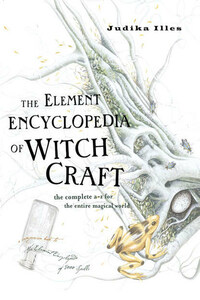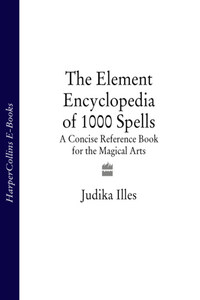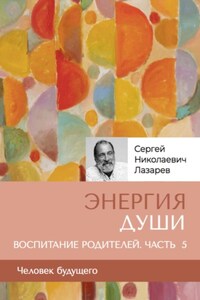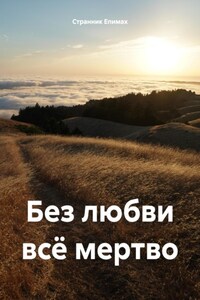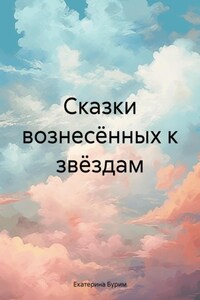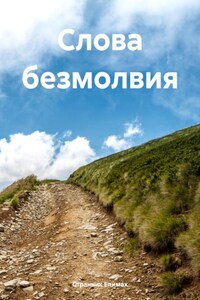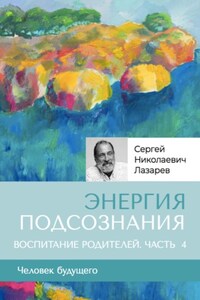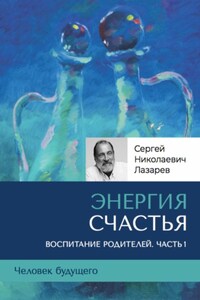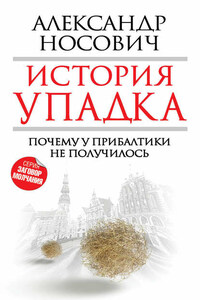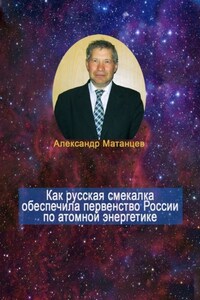Most of my clothes are black. I have a black cat. My favorite holiday is Halloween. I have perpetually unruly hair. Given the right company, I will happily chatter on about astrology, magic, herbs, and divination. I write books of magic spells. So perhaps it’s not surprising that periodically I’m asked whether I’m a witch.
Invariably, my response is to say that my answer depends upon the inquirer’s definition of witchcraft. Inevitably this leads to frustration (and often to anger) on the part of the inquirer: they think they’ve asked a very simple, straightforward question because, of course, every child, any idiot so to speak, knows the definition of “witch.” Their perception is that I’m being snippy and evasive (stereotypical witch behavior, incidentally) when in fact I’m just wary. I’ve already experienced too many unpleasant encounters with those whose definitions of witchcraft did not correspond with my own—or with each other’s for that matter. I’ve learned that, just like beauty, what constitutes witchcraft is dependent upon the eye of its beholder.
Don’t believe me? Let’s look in the dictionary.
The following definition is from Webster’s Seventh New Collegiate Dictionary:
WITCH (n ME wicche fr. OE wicca, masc. wizard and wicce fem. witch; akin to MHG wicken to bewitch, OE wigle divination, OHG wih holy—more at victim)
1a. Wizard, Sorcerer
1b. a woman practicing the black arts: SORCERESS
1c. one supposed to possess supernatural powers esp. by compact with devil or familiar
1d. or Witcher: Dowser
2. an ugly old woman: HAG
3. a charming or alluring woman
Oh boy, we’ve got some contradictions right there. Which witch does my inquirer suppose me to be? Should I take the question as a compliment or as an insult? It’s probably safe to presume that most women wouldn’t strongly object to the insinuation that they’re charming or alluring but what if the witch this particular questioner has in mind is actually that ugly old hag or Satan’s minion?
Hags, wizards, compacts with the devil: these definitions, or at least the words used to express them, demonstrate an archaic tone. In all fairness, I grabbed the first dictionary at hand. The definition quoted above comes from a well-worn 1965 edition, not that long ago considering the entire scope of time, but still, perhaps a newer edition might offer a more modern definition. With the wonders of modern technology and automatic updates, Merriam-Webster’s Online Dictionary is about as up-to-date as dictionaries get, yet its definition of the word witch is similar to the one from 1965 with but one significant addition:
WITCH
1: one that is credited with usually malignant supernatural powers; especially: a woman practicing usually black witchcraft often with the aid of a devil or familiar:
SORCERESS—compare WARLOCK
2: an ugly old woman: HAG
3: a charming or alluring girl or woman
4: a practitioner of Wicca
Now in addition to “practicing usually black witchcraft” the witch may also be “a practitioner of Wicca” although whether Wicca and black witchcraft are different or synonymous is not addressed.
Both dictionary definitions link witches with women; at least that much seems clear. Or is it? The further one searches for a definitive definition of the witch the more elusive and labyrinthine the subject becomes.
Other references suggest a narrower definition of witchcraft, albeit with greater flexibility regarding gender. According to Dr Margaret Alice Murray, the controversial scholar who wrote a long-standing definition of witchcraft for the Encyclopedia Britannica, the word “witch” has been used since the fifteenth century almost exclusively to describe persons, either male or female, who worked magic.
Funk and Wagnalls Standard Dictionary of Folklore, Mythology and Legend further clarifies this issue of gender. That book defines a witch as
a person who practices sorcery; a sorcerer or sorceress; one having supernatural powers in the natural world, especially to work evil and usually by association with evil spirits or the Devil: formerly applied to both men and women but now generally restricted to women. Belief in witches exists in all lands, from earliest times to the present day.
